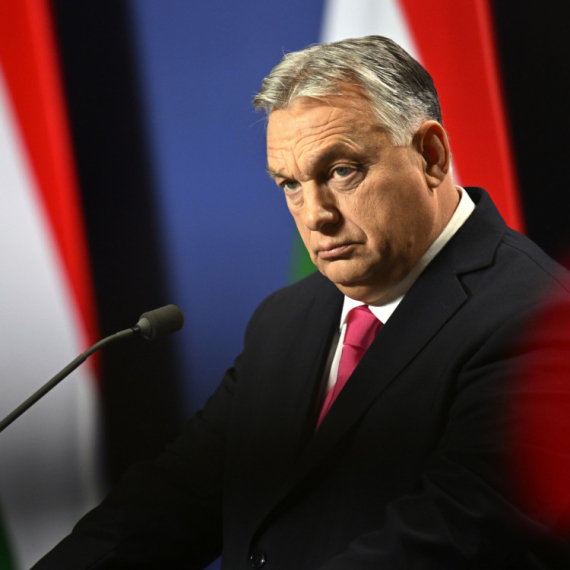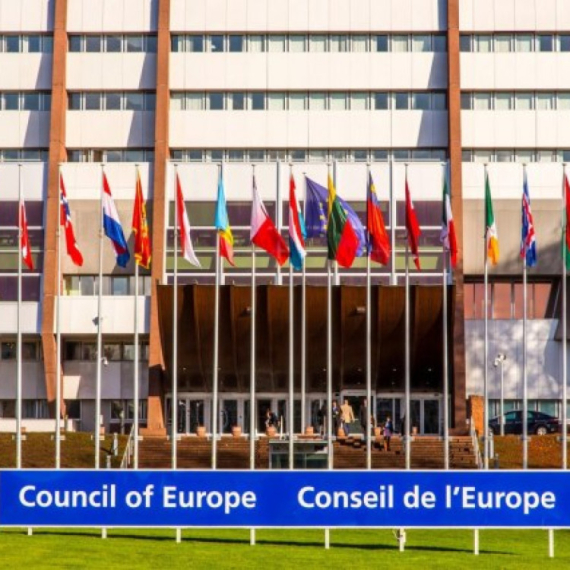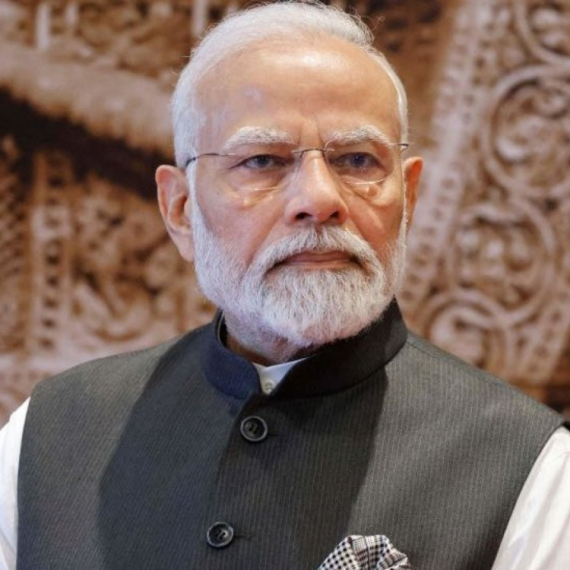"Government preoccupied with public finances"
The Serbian government has no serious economic recovery programs at the moment, and is focused on putting public finances in order, says Vladimir Gligorov.
Tuesday, 27.11.2012.
13:56

VIENNA The Serbian government has no serious economic recovery programs at the moment, and is focused on putting public finances in order, says Vladimir Gligorov. This expert of the Vienna Institute for International Economic Studies (WIIW) noted that Serbia was "a country with many challenges". "Government preoccupied with public finances" Gligorov spoke for Tanjug as WIIW presented it forecasts for Eastern and South-Eastern Europe for 2013. Serbia had a problem with inflation, he continued, which was "extremely high for the situation that the country is in, and that is recession". Maintaining the budget balance was yet another problem, he said. As a particularly difficult problem, Gligorov noted the high unemployment rate which continued to increase, while according to projections that trend will continue next year. "The Serbian government focused on putting public finances in order through the reduction of real and public spending, and the rest is being secured by taking out foreign loans," this economist stated. Gligorov also said that there was "hope in Belgrade that foreign investments will follow, but whether that would actually happen - it is rather hard to predict." For 2013, the WIIW forecasts slow economic recovery in Central and Eastern Europe. According to the forecast, Serbia's economy would be reduced by 1.5 percent this year, Croatia's by 1.8 percent, Hungary's by 1.3 percent, the Czech Republic's by 1.2, Montenegro's by 1 percent, Bosnia-Herzegovina's by 0.7 percent and Macedonia's by 0.6 percent. Tanjug
"Government preoccupied with public finances"
Gligorov spoke for Tanjug as WIIW presented it forecasts for Eastern and South-Eastern Europe for 2013.Serbia had a problem with inflation, he continued, which was "extremely high for the situation that the country is in, and that is recession".
Maintaining the budget balance was yet another problem, he said.
As a particularly difficult problem, Gligorov noted the high unemployment rate which continued to increase, while according to projections that trend will continue next year.
"The Serbian government focused on putting public finances in order through the reduction of real and public spending, and the rest is being secured by taking out foreign loans," this economist stated.
Gligorov also said that there was "hope in Belgrade that foreign investments will follow, but whether that would actually happen - it is rather hard to predict."
For 2013, the WIIW forecasts slow economic recovery in Central and Eastern Europe.
According to the forecast, Serbia's economy would be reduced by 1.5 percent this year, Croatia's by 1.8 percent, Hungary's by 1.3 percent, the Czech Republic's by 1.2, Montenegro's by 1 percent, Bosnia-Herzegovina's by 0.7 percent and Macedonia's by 0.6 percent.
















































Komentari 1
Pogledaj komentare